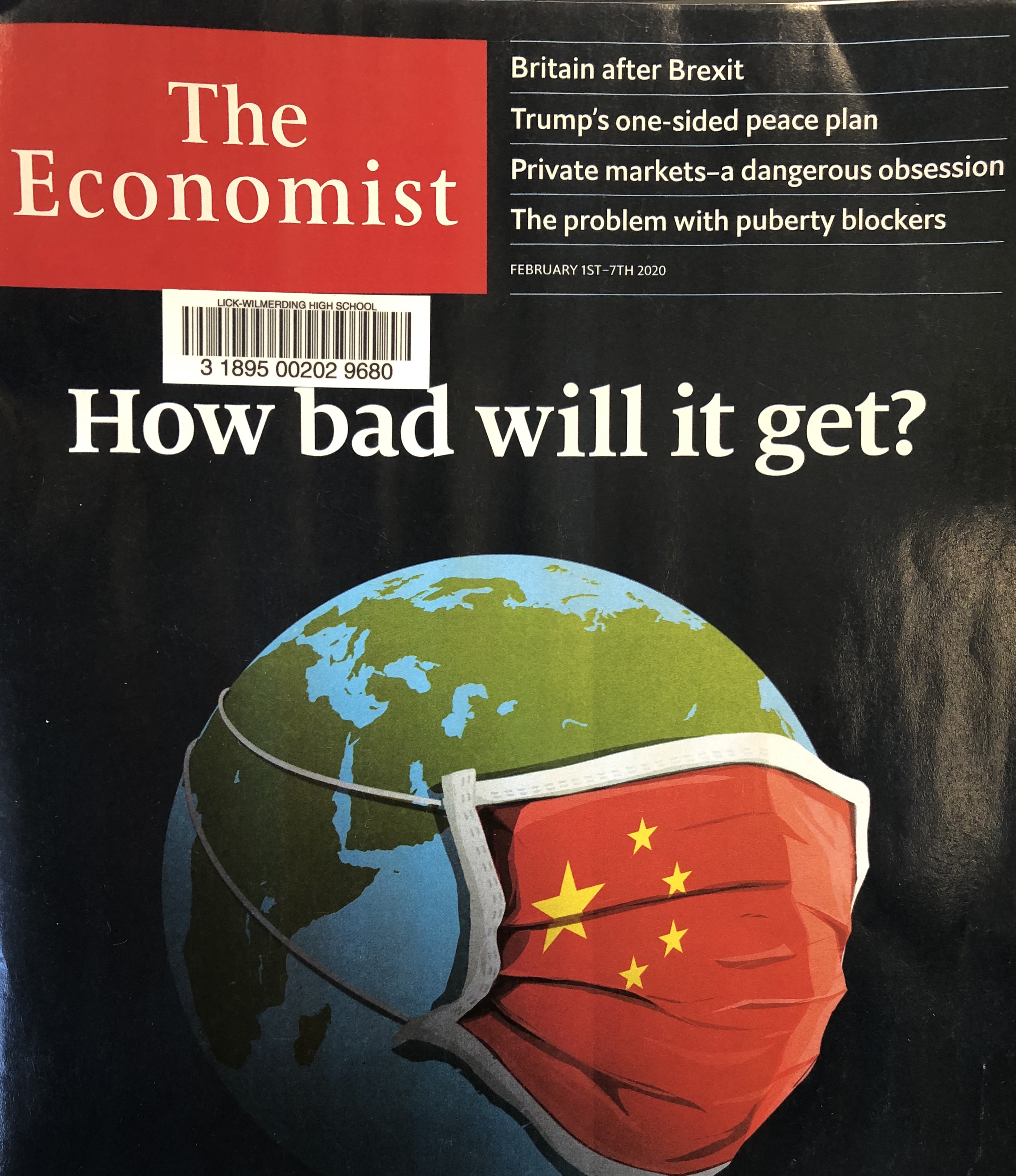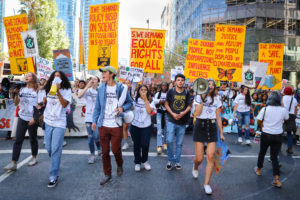At a moment when China is struggling to resolve the dire coronavirus crisis that has devastated millions of lives during Lunar New Year, the country’s most important holiday, it seems that Westerners’ shallow well of empathy for Chinese people is quick to run dry. There are few trending hashtags expressing concern for Wuhan residents and media coverage rarely bothers to explore how the lives of ordinary Chinese citizens have been affected by the Coronavirus epidemic. Rather, social media has become a breeding ground for xenophobia and racism against Asians.
On Twitter, posts such as a video of a woman hysterically exiting a car captioned: “Everyone at the Grammy’s when BTS [a famous K-pop boy band] starts coughing” receive tens of thousands of likes and retweets while on Instagram, posts (falsely) attributing the spread of the coronavirus to Chinese people’s eating habits reach almost 800,000 likes.
Simultaneously, prominent Western media outlets and US state department officials have capitalized upon this moment to saturate the news cycle with alarmist opinion pieces and smug critiques of China’s government, fashioning the novel coronavirus into political ammunition and ramping up their case that China itself is a disease that must be dealt with. Some examples are strikingly blatant, such as articles from The Wall Street Journal headlined “A Communist Coronavirus” and “China is the Real Sick Man of Asia.” Others, such as the cover of the February issue of The Economist which features an image of the globe wearing a Chinese flag surgical mask, evoke imagery reminiscent of yellow peril tropes deployed at the turn of the 20th century by signaling that China is to be treated as an infectious, worldwide threat.
The tunnel vision on China’s government distracts from the issue at hand and reduces the human impact of this global health emergency to petty ideological squabbles, to the point of counter-productivity. As the World Health Organization (WHO) rushed to aid China and praised its efforts to contain the virus, Western netizens were quick to lash out at the organization for its perceived favoritism, even launching a Change.org petition (which has gained over 300,000 signatures) to the United Nations for the resignation of WHO Director General Tedros Adhanom Ghebreyesus. Meanwhile, each attempt China makes to adequately address the crisis is scrutinized in the West from every angle, and labelled either “authoritarian” or “incompetent,” and occasionally both. For instance, China’s efforts to suppress rumors and misinformation have immediately been characterized as censorship and brandished as proof of China’s relentless quest to crush free speech. This is despite the fact that the World Health Organization issued a warning of a global “infodemic” surrounding the Coronavirus outbreak in a report on February 2, to which major social media companies such as Facebook, Twitter, Google have responded (with urging from members of Congress) by releasing statements that they too would step up efforts to combat misinformation, which included intentions to remove posts with “false claims.”
As a Chinese American with both family roots and living relatives in Wuhan, it has been painful enough to watch the epidemic escalate over the past month, nevermind having to sift through repetitive China-bashing editorials and hateful internet hysteria just to find crucial updates about the situation. The ordinary people who have been confined indoors for weeks, many of whom have been separated from family throughout Lunar New Year (a festival that initiates the largest human migration on the planet as hundreds of millions of workers and students travel home), should be at the center of the coronavirus coverage. Instead, political commentators are ghoulishly cashing in on coronavirus deaths like arcade tickets to be redeemed for the cheap prize of humiliating “evil” China.
In an opinion piece for The Guardian, Chinese research student Xiaoyu Lu says it best:
“On social media the crisis has become a litmus test for the flaws and merits of the Chinese government. Neither side has changed position, but now they have new examples to invoke, new justifications for praising or criticizing the state. I didn’t want to write a word; Wuhan wasn’t an argument for me to brandish in a debate. People in a quarantined city don’t care about political point-scoring.”
Chinese people deserve compassion in this distressing time, not unsolicited armchair political analysis and certainly not racist fear-mongering and insensitive humor. Now is the time to donate to medical relief funds, to support local Chinese businesses that are suffering economically due to misguided paranoia, and most importantly, to check in with the Chinese people in your life who may be dealing with street harassment, attempts to prevent them from attending school, and overwhelming feelings of anxiety for their family members’ safety back in China.







